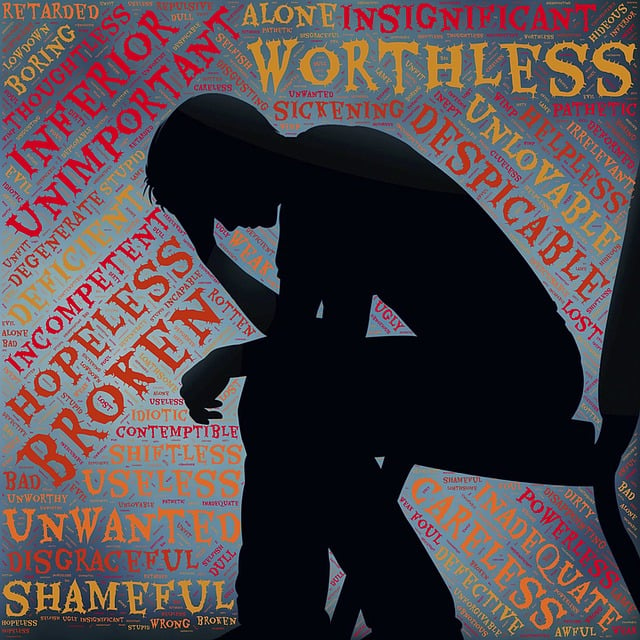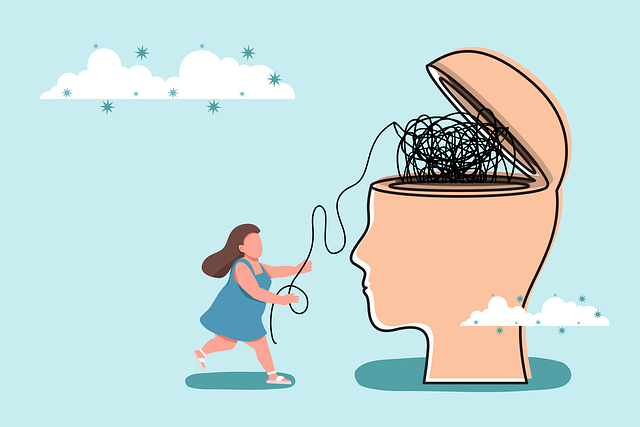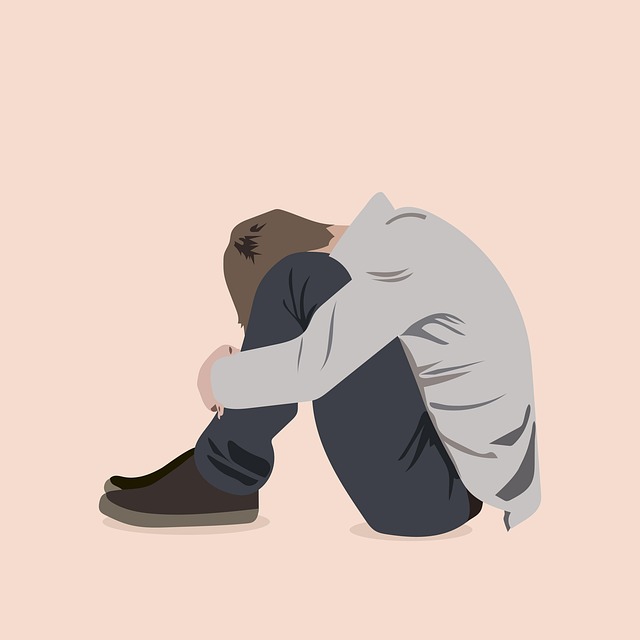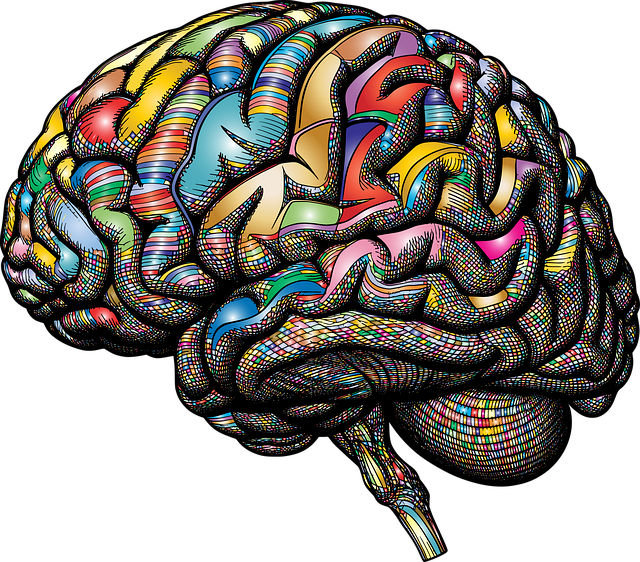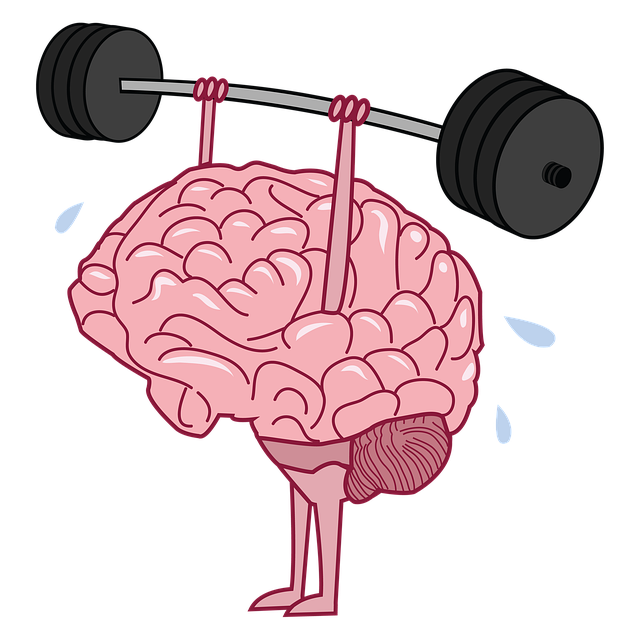Adolescence is a critical phase where stress levels can indicate underlying mental health issues, notably bipolar disorder. Specialized therapy for adolescent teens with bipolar disorder is essential for timely intervention and management. Tailored workshops address teen stress, teaching resilience building, emotional regulation, and coping mechanisms through interactive activities. Cultural competency training reduces stigma, fostering supportive environments. Early intervention promotes mental wellness, equips teens with tools to manage stress, and may prevent future severe mental health issues. Dynamic facilitation techniques in these workshops engage adolescents, enabling them to share experiences, learn from peers, and develop personalized coping strategies for bipolar disorder. Sustained care post-workshops is crucial, with ongoing therapy for adolescent teens with bipolar disorder and community support initiatives empowering adolescents to maintain their mental health and well-being.
“Stress management workshops play a pivotal role in empowering adolescent teens, especially those dealing with bipolar disorder. This article guides you through an extensive approach to managing and overcoming stress. We’ll explore the unique challenges of teenage stress and bipolar symptoms, offering insights into designing engaging workshops. From facilitation techniques to post-workshop follow-up strategies, learn how to foster a supportive environment for healing. Discover effective therapy methods tailored for adolescent teens, providing them with tools to navigate their mental health journey.”
- Understanding Adolescent Stress and Bipolar Disorder
- Designing Effective Stress Management Workshops for Teens
- Facilitation Techniques to Foster Engagement and Healing
- Supporting Teens Post-Workshop: Follow-up Strategies
Understanding Adolescent Stress and Bipolar Disorder

Adolescence is a period of significant growth and development, but it can also be a time when teens experience heightened stress levels. Understanding adolescent stress is crucial as it can be an early indicator of underlying mental health issues, particularly bipolar disorder. Bipolar disorder is a complex mental illness characterized by extreme mood swings, from intense mania to deep depression. Recognizing the signs and symptoms of this condition in adolescents is essential for timely intervention and effective therapy.
Workshops focused on stress management among teens should address the unique challenges they face, especially when dealing with a potential mental health disorder like bipolar. Healthcare providers play a vital role in promoting emotional well-being by offering therapy for adolescent teens with bipolar disorder. Cultural competency training for healthcare professionals is an important aspect of ensuring effective treatment as it helps to reduce the stigma associated with mental illness and fosters a supportive environment. Through these educational initiatives, Mental Illness Stigma Reduction Efforts can be strengthened, encouraging early-stage identification and support for adolescents navigating emotional challenges.
Designing Effective Stress Management Workshops for Teens

Stress management workshops tailored for teens are increasingly important as youth today face heightened pressures from academic demands, social media, and personal expectations. These workshops play a vital role in empowering adolescents to navigate their mental health challenges, especially those with conditions like bipolar disorder. Through interactive activities and evidence-based techniques, such programs teach teens valuable skills in resilience building, emotional regulation, and stress reduction.
In designing these workshops, it’s crucial to consider the unique needs and developmental stages of teenagers. Incorporating elements of cultural competency training within the framework ensures that the content resonates with diverse youth, fostering a safe and inclusive environment. By promoting mental wellness through early intervention, healthcare providers can equip teens with tools to manage stress, improve their overall well-being, and potentially prevent more severe mental health issues in the future.
Facilitation Techniques to Foster Engagement and Healing

In stress management workshops designed for adolescent teens with bipolar disorder, facilitation techniques play a pivotal role in fostering engagement and healing. Interactive activities such as group discussions, role-playing scenarios, and cooperative exercises not only make sessions dynamic but also encourage active participation. These methods allow teenagers to share their experiences, learn from peers, and develop coping mechanisms tailored to their unique needs. By incorporating therapy for adolescent teens bipolar disorder into engaging activities, facilitators can enhance the effectiveness of workshops, making them more than just informative—but transformative.
Furthermore, integrating specific practices like anxiety relief techniques, conflict resolution techniques, and mental wellness journaling exercises can profoundly impact participants’ emotional well-being. For instance, mindfulness exercises and deep breathing techniques offer immediate anxiety relief during intense moments. Journaling prompts, on the other hand, encourage self-reflection and promote a deeper understanding of one’s feelings and triggers. These tools not only enhance self-awareness but also provide teens with effective ways to manage their mental health in the long term, contributing to overall mental wellness.
Supporting Teens Post-Workshop: Follow-up Strategies

After participating in a stress management workshop, supporting teens with bipolar disorder requires sustained care and follow-up strategies to reinforce learned skills and maintain mental wellness. A key component is ongoing therapy for adolescent teens with bipolar disorder, where professionals can help them navigate mood shifts and develop coping mechanisms tailored to their unique needs. This continuous support is vital for building resilience and ensuring long-term success in managing stress.
Community outreach program implementation and the development of mental wellness coaching programs can play a significant role post-workshop. By fostering connections within supportive communities, teens gain peer support and learn from others’ experiences. These initiatives, coupled with regular check-ins and resilience-building activities, empower adolescents to apply workshop learnings in their daily lives, promoting overall mental health and well-being.
Stress management workshops designed specifically for adolescent teens with bipolar disorder can be transformative. By understanding the unique challenges these youth face, organizations can facilitate effective sessions that engage participants and promote healing. Utilizing a combination of evidence-based techniques, including interactive activities and supportive follow-up strategies, these workshops offer a promising path toward improving mental well-being. Incorporating such initiatives not only empowers teens with coping mechanisms but also contributes to the overall effectiveness of therapy for adolescent teens bipolar disorder.
